We recently connected with Thomas Snow and have shared our conversation below.
Hi Thomas, thanks for joining us today. We’d love to hear the backstory behind a risk you’ve taken – whether big or small, walk us through what it was like and how it ultimately turned out.
Growing up in Texas, I always assumed I would spend my life in this state. Of course, everything is supposedly “bigger” and “better” in Texas. At the age of 20, however, I had a strong feeling that I needed a new direction. I took a risk by changing my college major and loading up my car and driving to a private college in Tennessee with nothing more than my clothes and a Rand-McNally map to guide my 730 mile path. Upon graduating with majors in Religious Studies and Psychology, I began a career as a Minister of a medium sized church in Nashville. While serving in this capacity, I was invited by a parishioner to deliver a sermon at a local prison. Being seminary trained, could I really refuse this request?
I was surprised when the chapel, which had about 100 seats, was packed full with men and some even standing in the back. I wasn’t sure if they were there to hear my sermon for the day or if it was just an opportunity to leave one’s cell for an hour. Either way, I was quite excited and poured myself into my homily. Upon the conclusion of my message, the men lined up just to shake my hand and thanked me for coming. I doubt they were overly impressed with this young preacher’s sermon, but instead were just appreciative of my presence with them.
Over time, I began to be more involved in prison ministry and helped lead our church in greater involvement. I was eventually asked to join a local, church-based prison ministry that served “behind the bars.” Leaving the pulpit for this work was unnerving and uncertain but I poured myself into this endeavor. However, as men and women were being released from prison, they would contact us for assistance and all we could do was refer them to other agencies – to which there was a dearth of reentry programs at the time. What I soon learned was that those behind bars needed something much more than a heartwarming sermon about trusting God. What they needed was those who would live out the sermon and walk alongside them as they were being released into the community with often nothing more than a one-way bus pass and a set of prison clothes.
Over time, upon listening to the challenges of those being released and researching the needs for reentry, I had a vision that this church-based ministry needed to radically change. Yet, how could a five-person team, in a 600 square foot office, with a small budget, truly provide the tools that one needs to reenter society successfully after release? I knew we had to transition to a non-profit organization and we would need board members who believed in our mission and could assist in a capital campaign. The vision I had, which was formed with board input, was for us to have a reentry center where we could assist those being released with food, clothing, employment training, job placement, counseling, and quality transitional housing.
Despite the doubts and those who said that such a vision was grand but not plausible, I truly believed that with the correct leadership, this vision could become a reality. Today, we have a renovated reentry center in Nashville (completed in 2015) where we provide holistic services such as counseling, case management, and job placement services. In 2017, we built a men’s transitional house for 16 residents leaving incarceration. In 2020, we finished almost a 2 million dollar transitional house for women leaving incarceration. It is the most attractive transitional house for women in the state. Today, men and women come to our program for 4-6 months and many have made great strides, working in a stable job and reengaging with their children. Almost 90% of those who complete our program do not return to prison. I look back at how far we have come in such a short time. It is truly amazing but it would not have occurred without the willingness to take a risk. It is a risk that is positively impacting every day the lives of those returning to our community from incarceration.
Today, we have the TPOM campus (Tennessee Prison Outreach Ministry) in Nashville with a reentry center and separate housing for men and women. We just recently expanded to Memphis and we manage a transitional house in that city for men. We now have 15 employees (full and part-time) and an annual budget of just over one million. Where are we headed next? That vision is not yet clear, but I do know that whatever it entails, it will involve taking another risk.
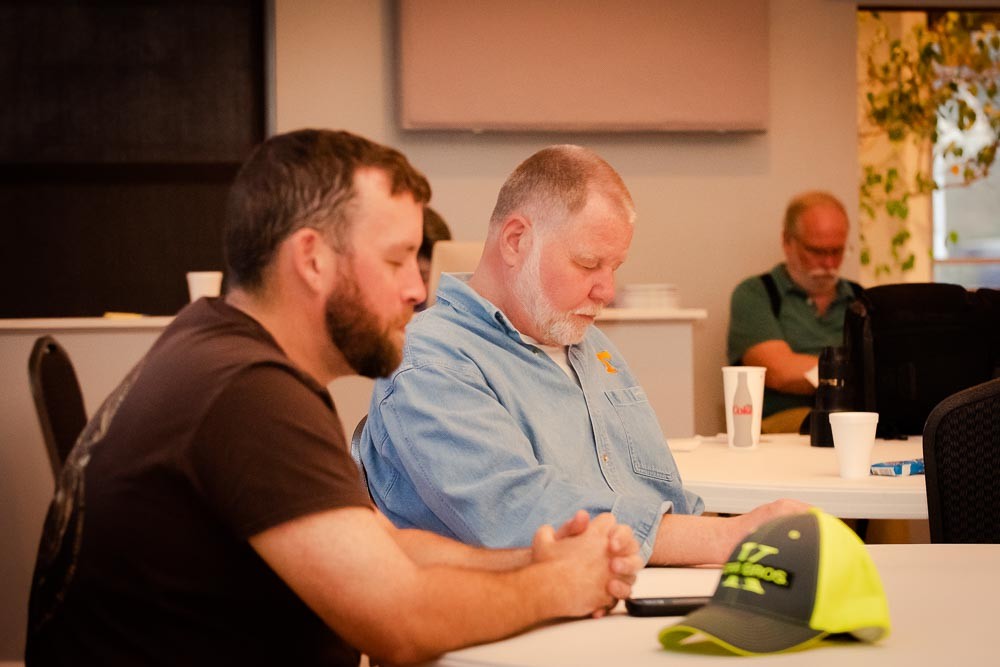
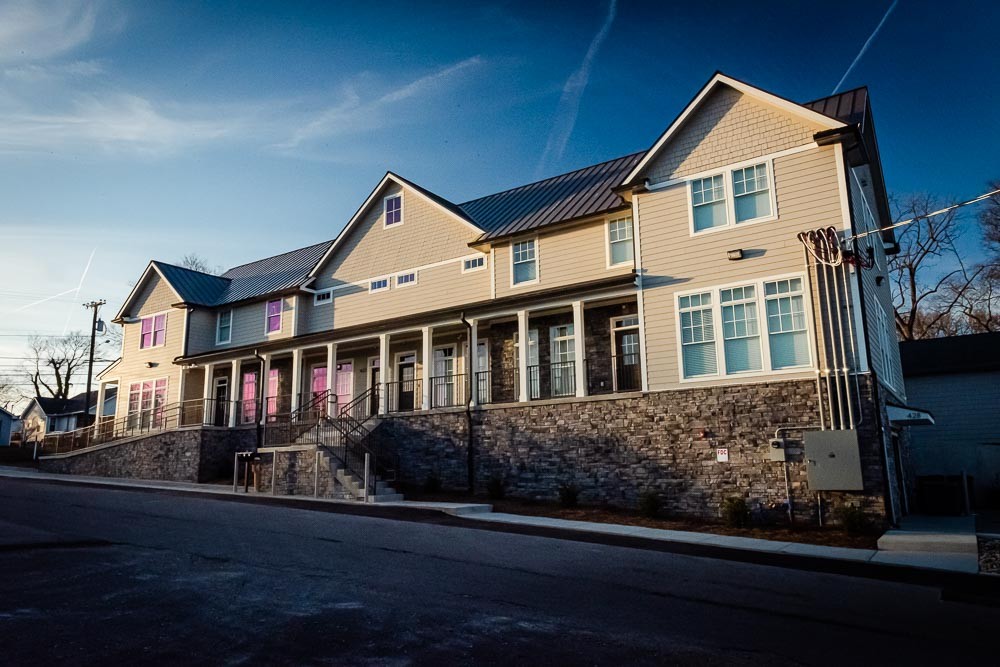
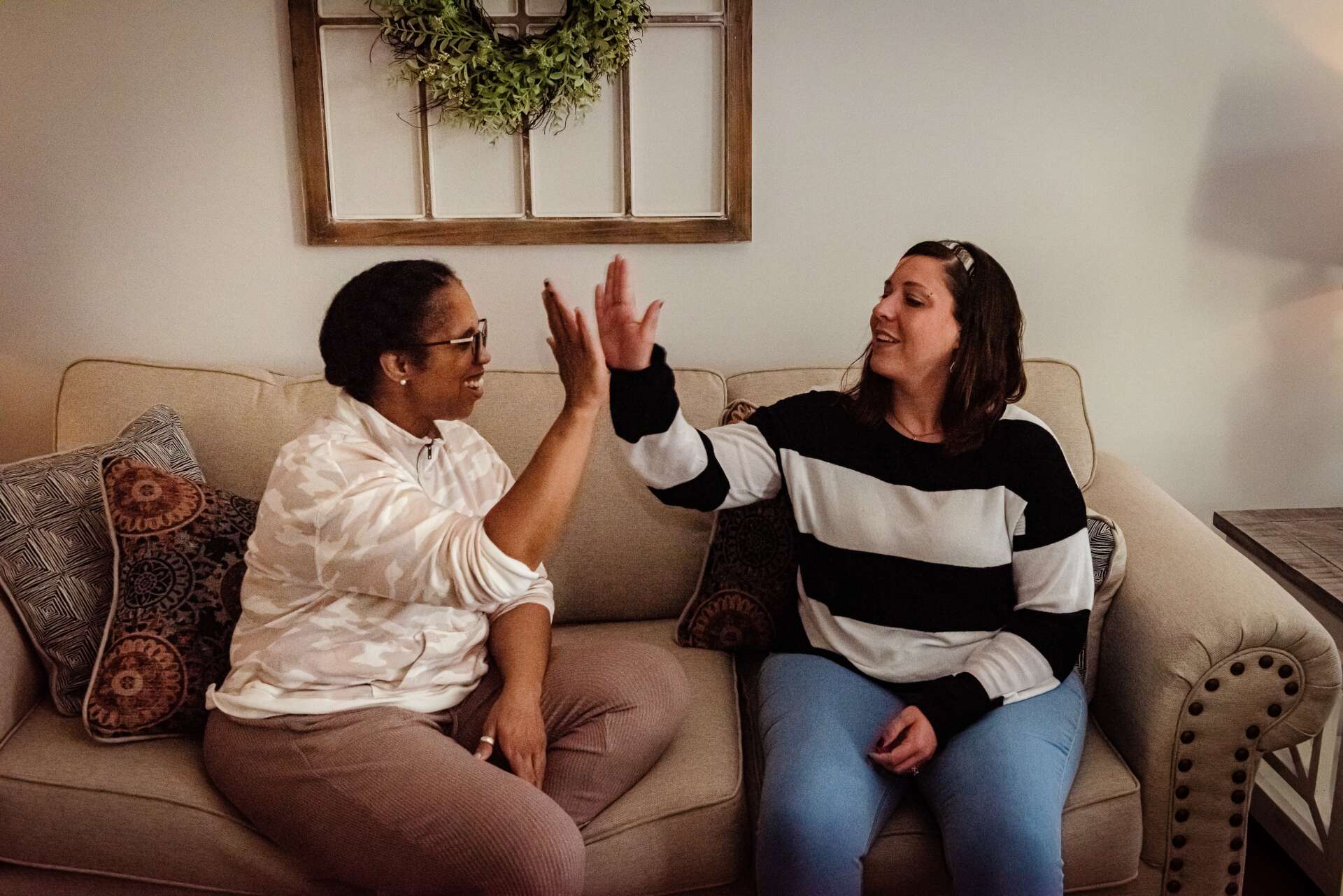
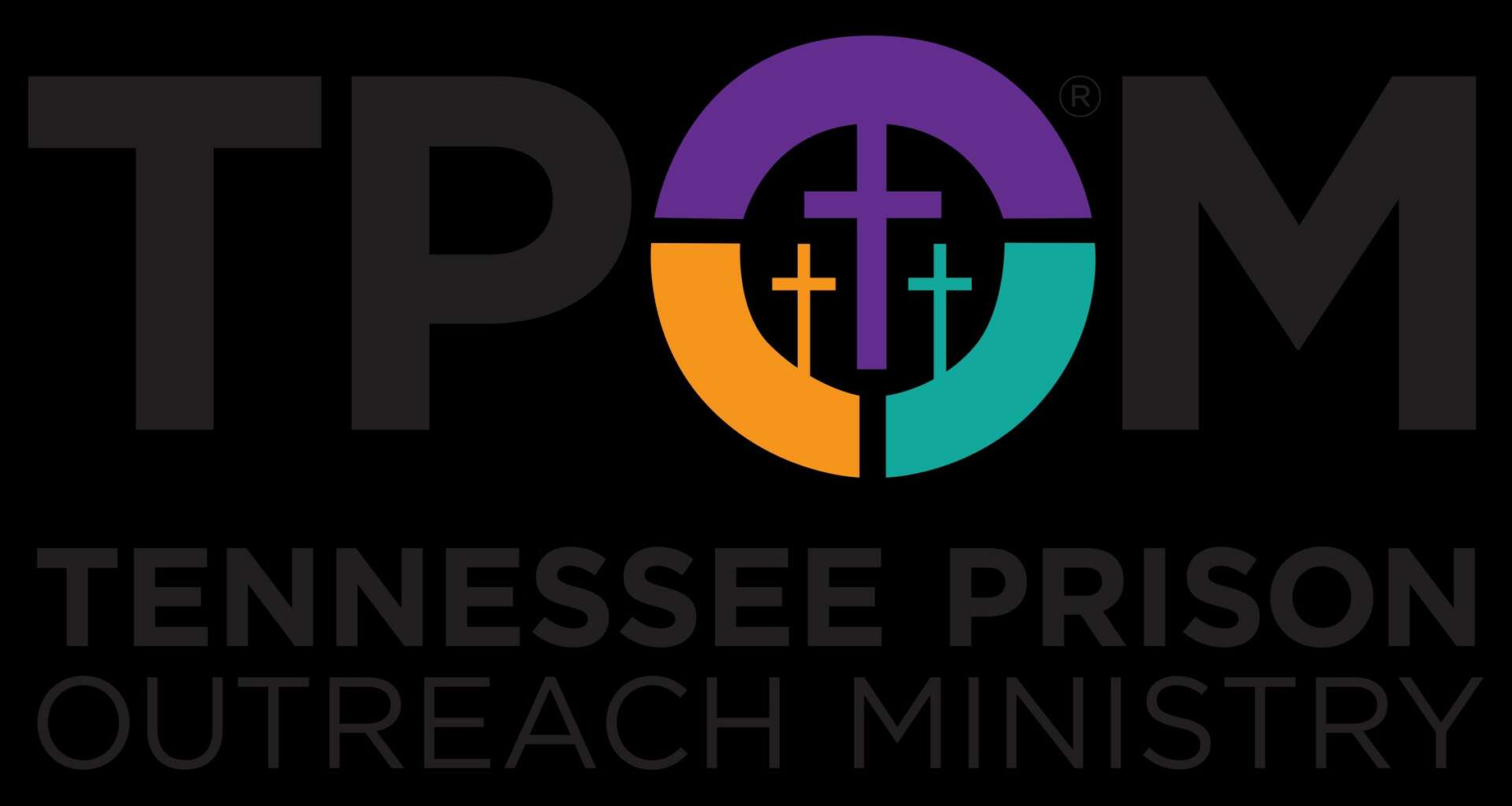
Thomas, love having you share your insights with us. Before we ask you more questions, maybe you can take a moment to introduce yourself to our readers who might have missed our earlier conversations?
In Prison Services: The Tennessee Prison Outreach Ministry (TPOM) is a statewide effort to provide mentoring, life-skill classes, and religious services in most of our Tennessee state prisons and numerous county jails. Courses that we teach include parenting, substance abuse, anger management, and many others.
Reentry: Our Case Managers help residents obtain proper identification, clothing, establish bank accounts and assist them in receiving medical and dental care. In Workforce Development we offer resume and job interview training and help align job skills with companies eager to hire qualified employees. Most of our residents will usually earn between $17-25 per hour by the time they graduate. Our newly constructed homes are equipped with internet access, large TVs, washers and dryers and are very attractive and comfortable. Residents work first-shift jobs and take evening classes on subjects such as Financial Management, Parenting, and Addiction Recovery. TPOM is also a state licensed mental health outpatient facility and we provide therapy for the residents and their family.
Youth: We conduct an annual summer camp and mentoring program for children of the incarcerated at no cost for the campers. We provide the children with backpacks, school supplies, and Christmas gifts. Counseling is offered at no cost to the child and their family.
The significance of TPOM is not in the programs that we offer but the lives that our impacted. Frequently, a graduate of TPOM stops by my office, sits down for a cup of coffee, and will just share their successes and even their struggles in the community. I know this ministry works because I see it every day. My only wish is that we had more people in our communities who took social justice seriously and tried to learn about the factors in a person’s life that often leads to incarceration. With a greater understanding, we ask them to join with us in volunteering in a ministry that not only helps the returning citizen, but gives our own lives more meaning and joy. In a nation that has the highest incarceration rate in the world, TPOM is showing the community that there is a better way.
We’d love to hear a story of resilience from your journey.
In 2014, our non-profit acquired property in Nashville for a reentry center. It was our goal to renovate the facility and provide holistic reentry services to those leaving incarceration. Before opening in 2015, I decided it would be best if I walked the neighborhood, knocked on doors and informed our neighbors concerning our plans to assist men and women after leaving prison. Our next door neighbor became quite upset with me and complained vociferously about opening up a center for “convicts in a residential neighborhood.” He called me numerous times to complain and even tried to start a petition in the neighborhood to shut down our plans. I was quite concerned because I knew that it would be problematic if we had significant opposition in the community.
One day, when this angry neighbor called me, he said that people in prison could not change because he was an expert on the criminal mind. I asked him as to what training he received to make him an expert and he said it came from a movie, A Clockwork Orange. Personally, I had never heard of the film but I knew that I needed to watch it and the protagonist was Alex, a troubled youth who led his gang in criminal activity such as rape, robbery and murder. Alex was eventually given an experimental treatment that made him averse to violence and sex and he became a victim himself to those seeking revenge. I knew we were in trouble when the neighbor’s world view of incarceration was shaped by a disturbing movie. The neighbor then placed a sign on his house facing us with a picture of an AR-15 assault rifle with these words: “I have guns and I will kill you.” What would we possibly do with a neighbor this hostile to our mission?
WIth board approval, I engaged in negotiations with this neighbor to purchase his property. Once he finally agreed to sell us his property and moved out, he stopped by one day when the bulldozer was leveling his old house. He said: “You’re destroying my home.” My answer was that he sold it to us and on that lot we were building a transitional home for 16 men leaving incarceration. When we had our Grand Opening of the men’s house, we invited the neighbors and many came. I will not forget the one neighbor who said: “We are glad that the guy who once lived here is gone and you are here.” I just smile when I think about the irony of it all.
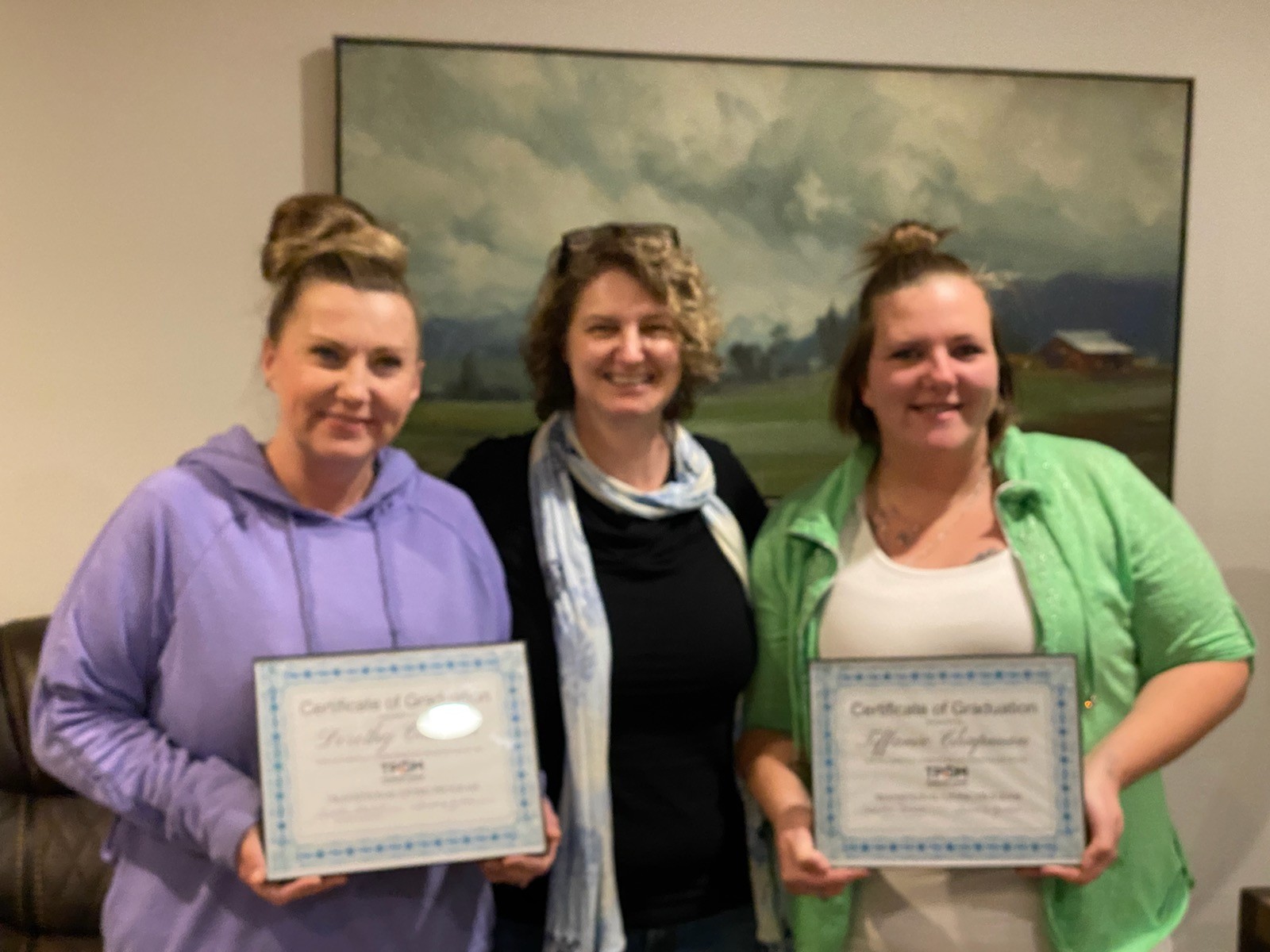
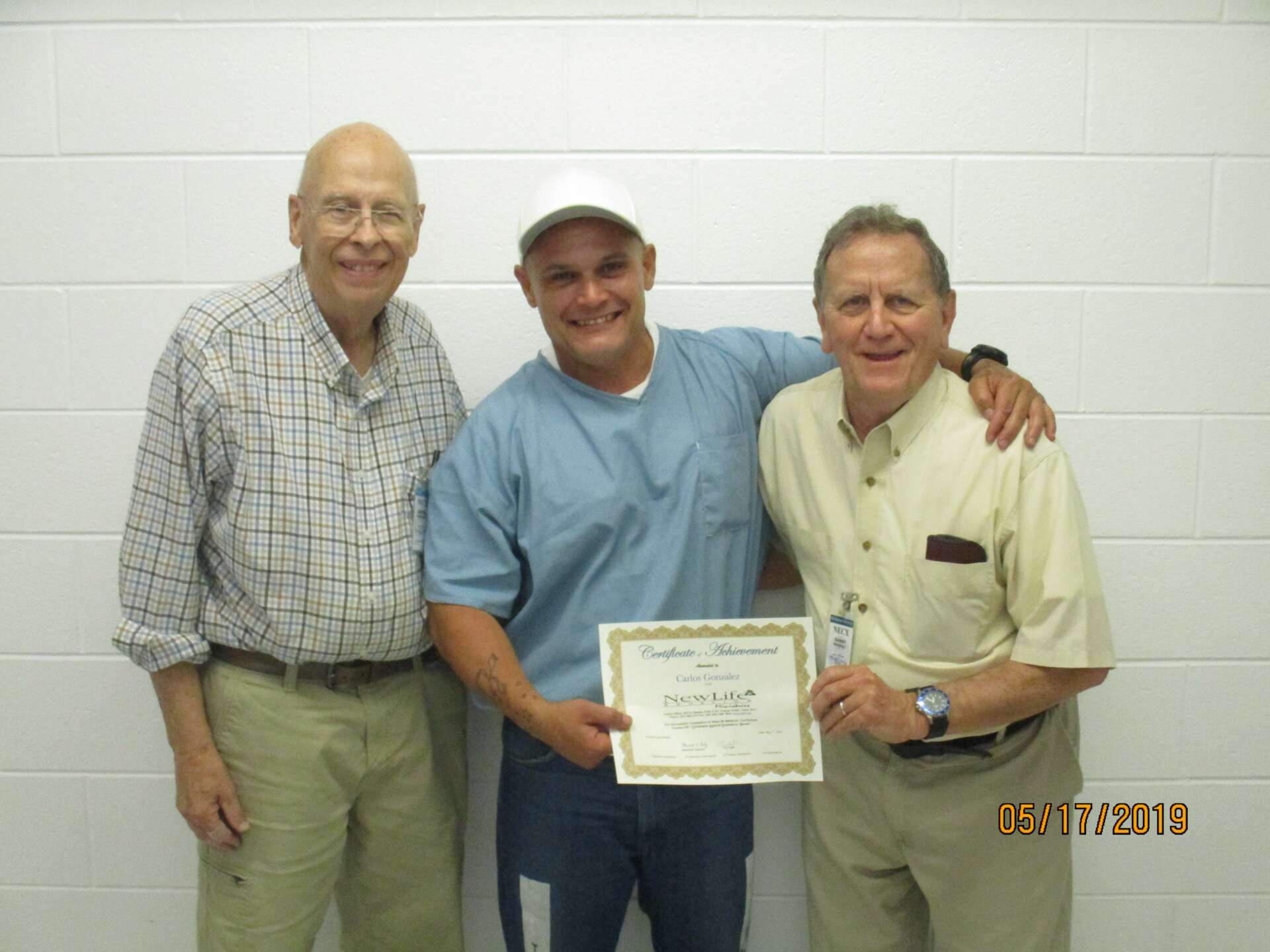
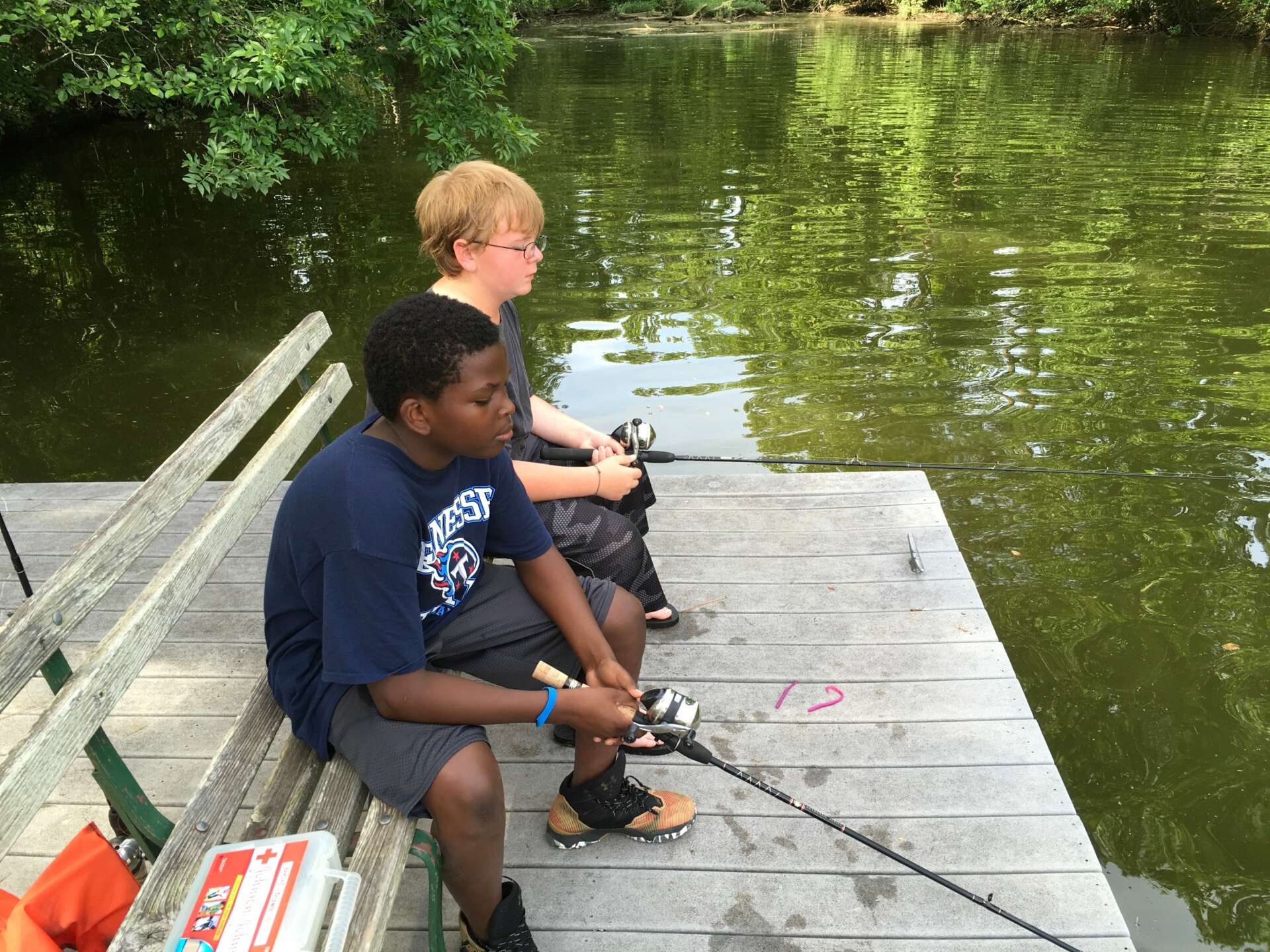
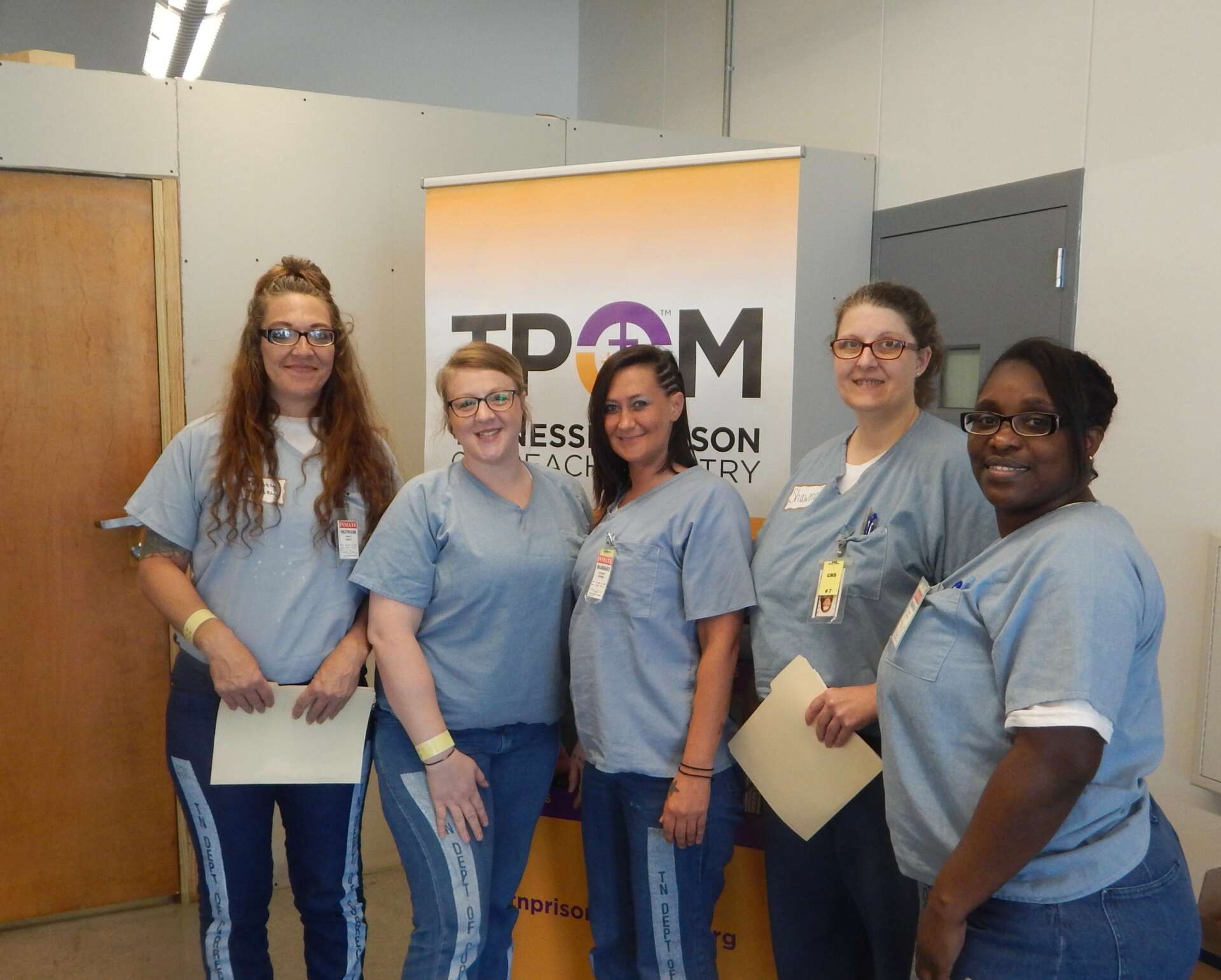
Can you talk to us about how your funded your firm or practice?
Being a new nonprofit and wanting to move into reentry, we understood that we would need a capital campaign. Yet, the ministry had never conducted a capital campaign and we had a small number of donors. We had to search for property and we would need to raise the funds to make this dream a reality. I learned that there was a vacant church in Nashville that would be ideally located for a reentry center. I began by meeting with the church leaders who owned the property and sharing with them a PowerPoint presentation of the vision. The meeting lasted two hours and at the conclusion, they gifted TPOM the property. Since the building was in poor condition, we had to raise a significant amount of money. I began by sharing the vision with those our board members knew who had significant resources. The board members themselves were challenged to give generously. I then made presentations at local churches and civic groups and in less than six months we had enough funds to renovate the church building and turn it into a reentry center. By the next year, we had raised enough funds to purchase the property next door and build the men’s house. Following that campaign, a second campaign began to build the women’s facility. Raising funds of this magnitude requires a clear and compelling vision and the leadership necessary to find those who share in that vision and will provide the necessary resources. Raising funds for this nonprofit is not difficult because it is a mission that I firmly believe in and I am just giving donors an opportunity to share in that vision and to assist those leaving incarceration to experience a new life.
Contact Info:
- Website: https://www.tnprisonministry.org
- Instagram: https://www.instagram.com/tnprison/
- Facebook: https://www.facebook.com/TNPrisonMinistry/
- Linkedin: https://www.linkedin.com/in/thomas-snow-9b68222b/
- Twitter: https://twitter.com/ReentryTPOM
- Youtube: https://www.youtube.com/channel/UCtz3eIBnodaU_ftfyxl0ThQ
- Yelp: https://www.yelp.com/biz/tpom-tennessee-prison-outreach-ministry-nashville


